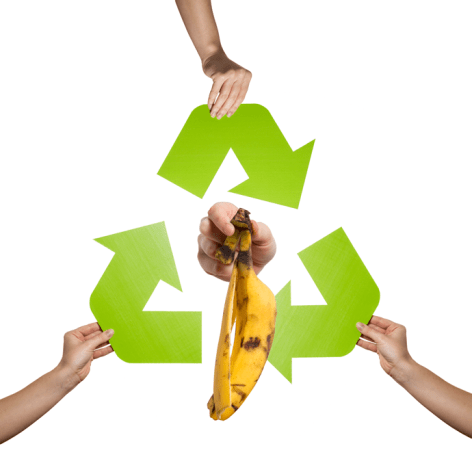 Dr Richard Swannell, Director of Sustainable Food Systems and Technical Lead at WRAP, spoke to CIWM about the forthcoming Scottish Resources Conference. He will be part of the food waste debate, and said that engagement with householders and businesses is essential in the fight against food waste
Dr Richard Swannell, Director of Sustainable Food Systems and Technical Lead at WRAP, spoke to CIWM about the forthcoming Scottish Resources Conference. He will be part of the food waste debate, and said that engagement with householders and businesses is essential in the fight against food waste
 Can you tell us a bit about the session you’re taking part in at the Scottish Resources Conference and what you will be leading on?
Can you tell us a bit about the session you’re taking part in at the Scottish Resources Conference and what you will be leading on?
This year I am joining the Food Waste Debate ‘Can we justify our status as a ‘land of food and drink’ when we waste so much?’. I will be talking about the progress made so far with businesses and consumers in Scotland and also how we might make even better progress.
What do you think will be some of the hot topics discussed in this session and overall at the conference?
I suspect that in the food waste session, the prevention of waste and the redistribution of surplus food will be particularly ‘hot topics’. There may also be a discussion on the importance of following the waste hierarchy when dealing with these issues. More widely, I think that delivering the circular economy in Scotland will be a focus for a particularly vibrant discussion. This topic is ‘key’ to delivering job growth, efficiency savings and environmental benefits, and therefore warrants a frank and open debate.
What are some of the biggest challenges around combating the food waste issue? And opportunities? Who’s doing it well at the moment?
One of the key issues of dealing with food waste is getting businesses and householders engaged in the issue in the first place. When asked, most people and businesses don’t think they waste food, or if they are then they are doing all they can to waste as little as possible. But given the UK wastes 15m tonnes of food every year there is obviously more to do. For example, in the hospitality sector, the equivalent of one in every six meals is wasted and the average outlet can save £10,000 per year through reducing food waste.
Once they begin monitoring or measuring waste, people rapidly realise the opportunity for cost savings and also getting the best from their food by reducing waste. The simple tools provided by the Love Food Hate Waste campaign or indeed by the Hospitality and Food Service Agreement, can help householders and businesses change, thereby reducing waste and saving money.
Who are you looking forward to hearing from at this year’s conference?
I’m looking forward to the session ‘Getting More from Food and Bio Waste: innovative circular economy solutions’ as an opportunity to hear about potential innovations that could add real value to unavoidable food waste. Scotland has a strong track record in this space and I am keen to hear what new opportunities have been found. Another passion of mine is how design can revolutionise the benefits of the circular economy, so I will be attending ‘The Ideas Business…’ session. It will be good to hear how the latest insights in better design are being implemented to deliver both economic and environmental benefits to the Scottish circular economy.
Why is the Scottish Resources Conference and important event to attend?
I always look forward to this conference and this year I’m particularly interested to see how each themed session brings to life the different components of a circular economy. The circular economy has the potential to drive innovation; grow jobs and deliver productivity benefits for the Scottish economy and I look forward to seeing that message delivered at this conference.
